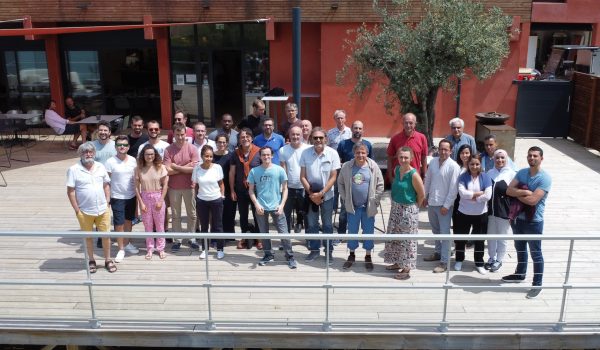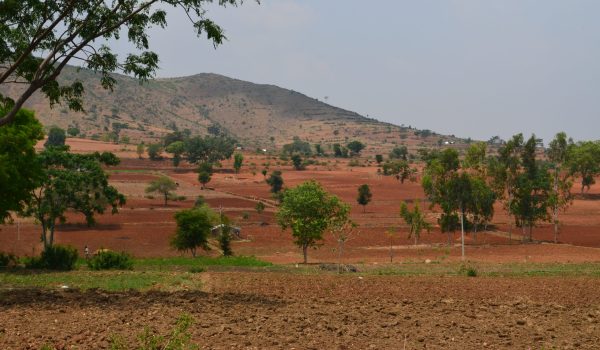Crue, bassin de Roujan
Photo : O. Huttel
Kamech, Tunisie
Photo : O. Grünberger
Laboratoire Hydro Chimie
Photo : C. Martin
Bananiers sur Andosols vitriques, Guadeloupe
Photo : O. Grünberger
Les actualités du LISAH
Nos dernières publications
- Mohammad Naim, Davide Rizzo, Loïc Sauvée, Marco Medici. Advancing agroecology and sustainability with agricultural robots at field level: A scoping review. Computers and Electronics in Agriculture, 2025, 237, pp.110650. ⟨10.1016/j.compag.2025.110650⟩. ⟨hal-05110984⟩
- S. Dharumarajan, Cécile Gomez, C.G. Kusuma, R. Vasundhara, B. Kalaiselvi, et al.. Prediction of soil organic carbon stock along layers and profiles using Vis-NIR laboratory spectroscopy. CATENA, 2025, 257, pp.109150. ⟨10.1016/j.catena.2025.109150⟩. ⟨hal-05097829⟩
- Davide Rizzo, Teresa Pinto Correia, Andrea Knierim, Intissar Ferchichi, Hatem Belhouchette, et al.. Bridging two communities in farming system research: IFSA Europe Group and Farming System Design. 8th International Farming System Design Conference, IDEAS, Aug 2025, Palaiseau, France. ⟨10.5281/zenodo.15793513⟩. ⟨hal-05140607⟩
- Philippe Lagacherie, Amine Chemchem, Rida Moumni, Paulo Pimenta, Lalla Aicha Sow, et al.. Method for determining pedological data, computer program and associated device. France, Patent n° : US2024/0280364A1. 2025. ⟨hal-04973876⟩
Nous connaître en quelques clics
Qui sommes-nous ?
Le LISAH est une unité mixte de recherche opérant sous tutelle de l’INRAE, l’IRD, l’Institut Agro et d’AgroParisTech. Nous étudions le fonctionnement des paysages cultivés en ciblant les interactions entre production végétale et ressources naturelles sur des espaces multi-acteurs et multi-objets.

Le LISAH à l’international
Le LISAH développe des activités de recherche, de formation d’expertise à l’international sur la Méditerranée et l’Intertropical : au Maghreb et en Inde où il est co-porteur de d’observatoires (OMERE-Tunisie) et de laboratoires internationaux (LMI Naila). Il intervient également sur les DROM-COM aux Antilles.







